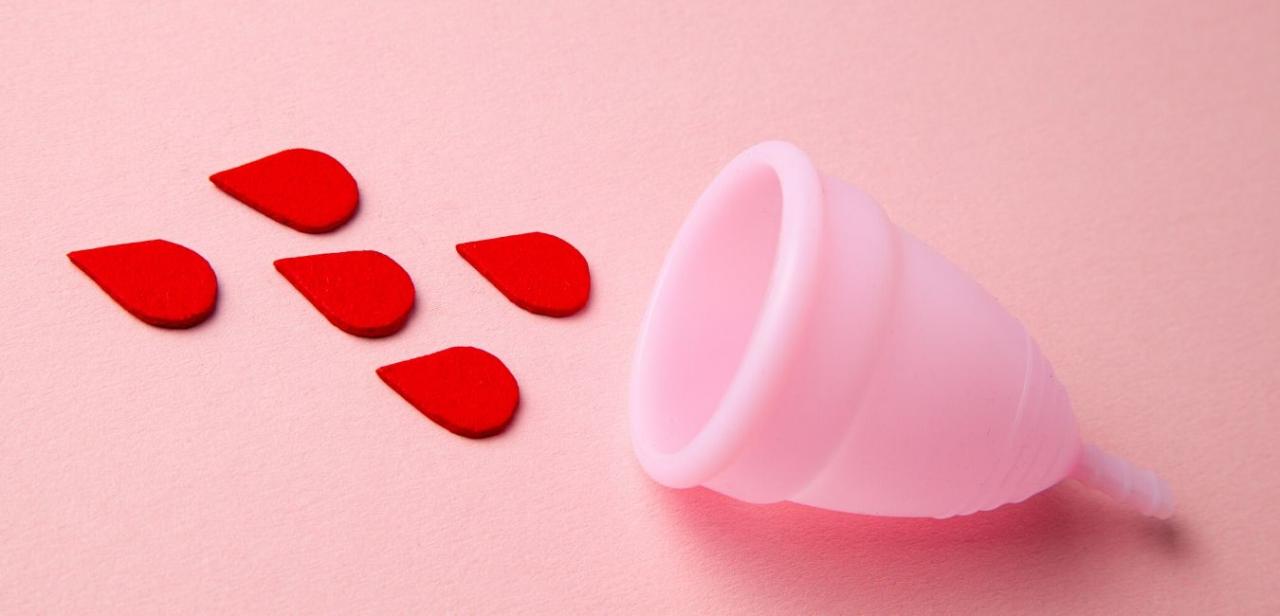Well, EmpowHERed peers – I have big news! After months of research, careful weighing of pros/cons, waiting for insurance coverage and appointment dates, I have it! My very own Paragard Intrauterine Device (IUD). I’m now the host of a birth control method that is 99.9% effective in preventing pregnancy, lasts 12 years AND is hormone-free. Maybe you want one too!
Sitting in the waiting room, I was nervous the insertion of the IUD would be painful. In my consultation, a health practitioner warned that the procedure would invoke painful contraction-like cramps, suggesting I take ibuprofen before my appointment. Additionally, she prescribed a medication that would help widen my cervix and ease insertion (called Mesoprostil), and advised that I get my IUD put in on a day during my period, the time when the Os (“doors” of your cervix) are most open.
All these pain-preventing actions had me anxious for the discomfort I was surely headed into. But my nervousness was truly all for nothing.
Much to my delight, a Certified Nurse-Midwife inserted my IUD. Friendly, matter-of-fact and clearly experienced, she took an abbreviated medical history and led me to the bathroom to pee in a cup before we really got down to business. (A pregnancy test is mandated before the insertion of an IUD. Therefore, they also require that you practice abstinence for 2 weeks prior to the appointment, as pregnancy tests are only accurate 2 weeks after intercourse.)
Once lying in stirrups, my CNM explained what was going to happen: First, she would put in a speculum and sanitize my cervix with a cleansing wash. Next, she would use an instrument to measure my uterus – a step that would produce the first of the strong cramps. (7.5 cm, baby!) Finally, she would insert the IUD, making sure it was placed appropriately.
Throughout the procedure we chatted about her work in women’s health. Her engaging and easy manner comforted me, and my anxiety dissipated. I kept waiting for her to say – “okay, now this is going to hurt” but she never did. The “contraction-like cramps” merely felt like a squeeze in my lower belly – a strange internal twinge; nothing more than a strong period cramp. Totally bearable.
The whole appointment lasted 35 minutes. I bled a little bit afterward, and have experienced some extra cramping in the past couple days. Besides that – I am hormone AND baby free. I won’t have to pay for a monthly birth control ever again. I feel in complete control of my body. I am empowered!
Feel free to ask questions – I would love to provide more details outside of the 450 word limit! I want everyone to hear the firsthand experience of an awesome IUD insertion.






Add a Comment2 Comments
hello, what are the side affects of iuds? g
July 12, 2010 - 5:15pmThis Comment
Hi Anonymous -
The side effects of IUDs depend on what type you decide to use; the Paragard (the one I have and talk about in this article) is a hormone-free copper T. Some of its side effect include heavier periods and more cramping each month. The Mirena, on the other hand, is a type of IUD that also issues a very low dose of progestin (a hormone). One of the side effects associated with Mirena is a much lighter period, or for many women, no period at all.
Both IUDs increase the effect that a Sexually Transmitted Infection can have on your body due to its presence in your uterus. So, because this birth control method does not protect against infections, it should be paired with another method if you are sleeping with more than one partner.
I recommend doing some research on your own if you are interested in the IUD - it is a really great option for many women! You can start here if you want:
http://www.plannedparenthood.org/health-topics/birth-control/iud-4245.htm
Let me know if you have anymore questions!
July 13, 2010 - 4:33amThis Comment